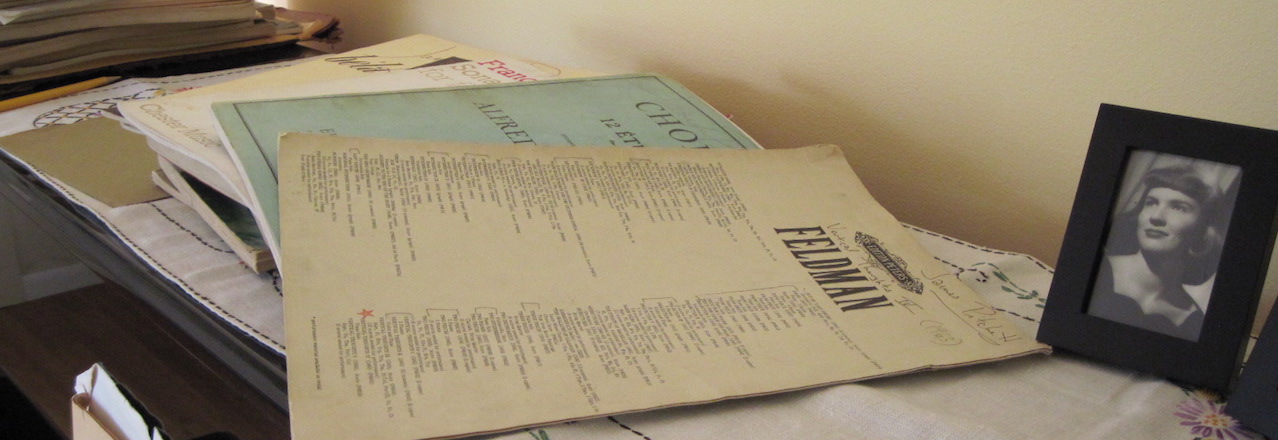
I’ve just posted a new essay on “The origin of John Cage’s Zen” that lays out my case for R. H. Blyth, not D. T. Suzuki, who introduced Cage to Zen. It’s a product of my recent lecture on Zen and John Cage. In preparing that, I took a deeper dive into the Blyth’s work. Blyth was an expatriate Englishman in Japan who, in the early 20th century, wrote extensively about Zen and poetry. He was a respected authority on and translator of haiku. Cage read Blyth’s work and it made enough of an impression on him that he quoted from it in his writing.
I was familiar with Blyth, having read parts of his books Zen in English literature and Oriental classics and his four-volume study Haiku. In researching the lecture, I read more closely and thoroughly. And the more I read, the more I saw Cage’s introduction to Zen in a different light.
Like just about everyone who writes about Cage, when I thought of his interest in Zen, I thought of D. T. Suzuki. Suzuki was the great introducer of Zen to English-speaking audiences in the early 20th century; Cage was just one example of this. The standard story is that Suzuki’s presentation of Zen shaped the radical changes in Cage’s music in the early 1950s. But when I read Suzuki’s writings, I could never find anything that I could connect clearly to Cage’s actual musical practice. Cage himself told stories about Suzuki and made some vague pronouncements about Zen and books that he found inspiring, but nothing tangible that you could point to as sending his composition in a particular direction. As a result, I suppose, I wrote very little about Zen, since my focus has always been on John Cage as a practical, working composer.
But in reading Blyth, all of a sudden I saw very real connections to Cage’s music. The big difference between Blyth and Suzuki is that Blyth wrote about poetry, and specifically about poets writing poetry. As a result, his work spoke directly to Cage’s concerns in the time around 1950, which happens to be when he read Blyth. My view shifted: I now believe that Blyth is the one who introduced Zen to Cage in a way that had actual, significant impact on his music, as well as on his writing about music.
My new essay gives the background on Cage and Blyth and lays out my case for Blyth’s influence on Cage. I hope that it will encourage more people to read Blyth’s work, especially the first volume of Haiku, which I think is the book with the most relevance for Cage and his music. I think that I have more to say about Suzuki’s role in Cage’s work, but that will be the subject for another time.
